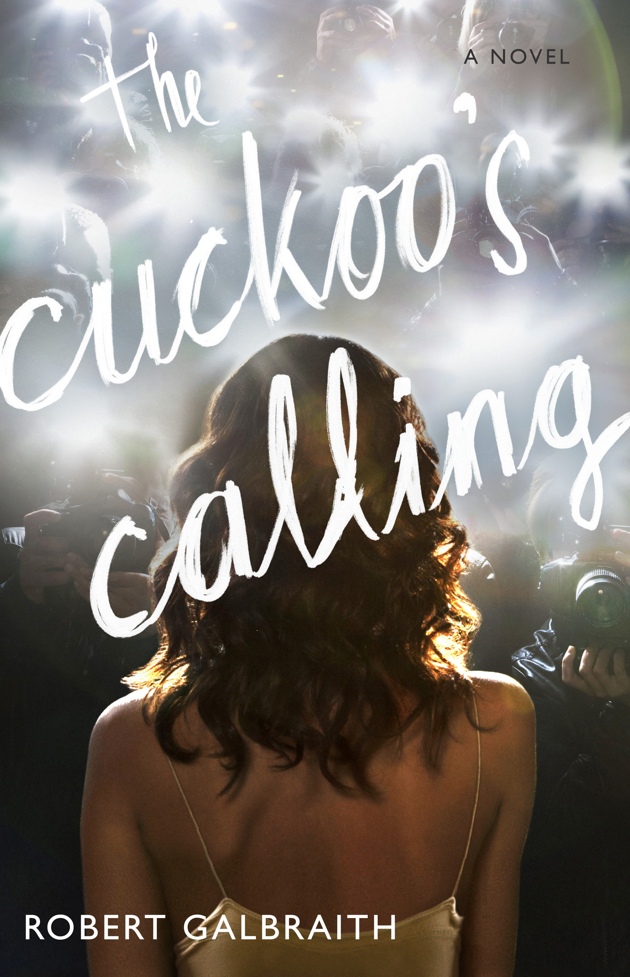It’s been almost a decade since the release of John Mark McMillan’s most popular single, “How He Loves,” and you can still hear it being overplayed in sanctuaries and youth worship rallies around the country. Like a fine wine the song just seems to get better with age (or maybe worship leaders have just boiled it down to a science after playing it nearly every week for a decade.) You can’t argue that the song possesses a certain timeless quality, something that McMillan seems to bring to the table with every song he releases.
His newest single, “Future / Past,” sticks to McMillan’s tried and true formula of powerful choruses and pristine lyrics, hinting at great things still to come from the artist, even if they aren’t fully realized in this release. The song, while feeling a little stunted by its formulaic structure, nevertheless drives home its message, even if it does so a little heavy-handedly. With Phil Collins toms blaring in the background, the chorus grabs hold and doesn’t let go until the end of the song. What the song misses is the ups and downs that made early McMillan songs so powerful. The song hits a plateau early on with the first chorus and never backs off.
What the song lacks in nuance it makes up for with solid writing and that ineffable quality that made “How He Loves” so catchy. The chorus shares the simplicity of most of McMillan’s songs and lends itself to the multiple repeats and a cappella moments that come standard on Sunday mornings. With vivid lyrics that call up images of everything from constellations to kingly chariots, the writing borders on great but ends up falling a little flat. As always the lyrics are incredibly singable, but they’re a long way from “Death in His Grave.”
Overall this newest single from McMillan just feels like a rehashing of old standards. He has proven perfectly capable of writing some of the most original worship music this side of the century, even if it is under-rated and overshadowed by the more accessible work he’s done. Despite the worst of McMillan’s work standing heads above most music in the modern worship/gospel genre, simply revamping what’s worked for him before won’t cut it if he wants to retain his standing as one of the best contemporary lyricists the Christian genre has to offer.

